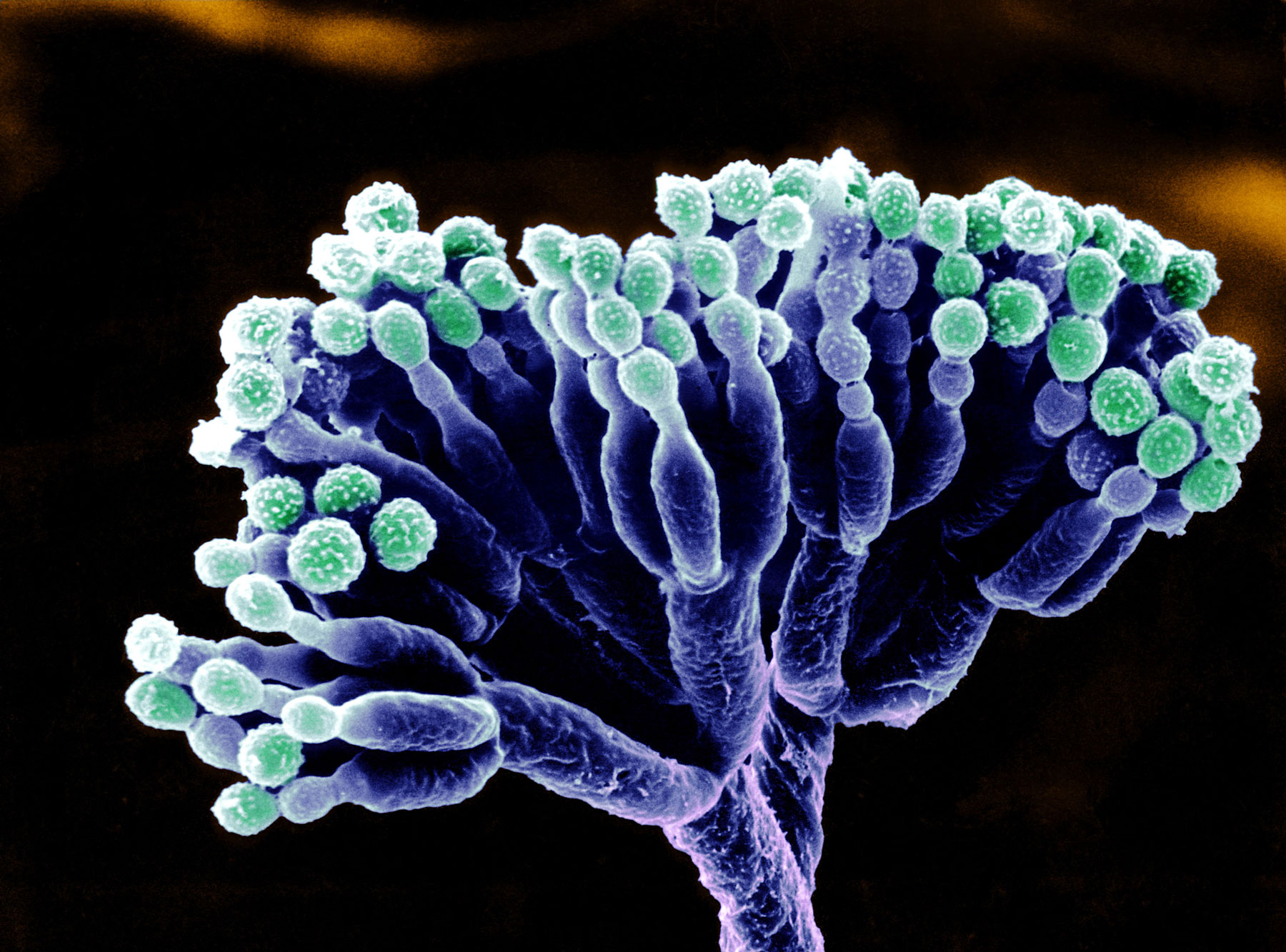Scientists have engineered yeast to make penicillin. The new production method could be a boon to killing drug-resistant super-bacteria.
Biologists at Imperial College London produced penicillin by genetically engineering cells in baker’s yeast, which is easier than conventional manufacturing methods for antibiotics. The team used the penicillin to kill streptococcus bacteria as a test.
Researchers published the finding of their breakthrough study in the science journal Nature Communications on Friday.
Antibiotic-resistant bacteria has become increasingly prevalent in recent years due to the overuse of drugs like penicillin. As treatment became more commonplace, strains of bacteria adapted and evolved.
Synthetic biology techniques like this make it testing potential new drugs easier, opening up an avenue for a range of more effective antibiotics.
Dr. Ali Awan, a co-author from the Department of Bioengineering at Imperial College London, is confident the method will prove useful. “We believe yeast could be the new mini-factories of the future, helping us to experiment with new compounds in the nonribosomal peptide family to develop drugs that counter antimicrobial resistance,” Dr. Wan said in a press release.
This article was featured in the InsideHook newsletter. Sign up now.
